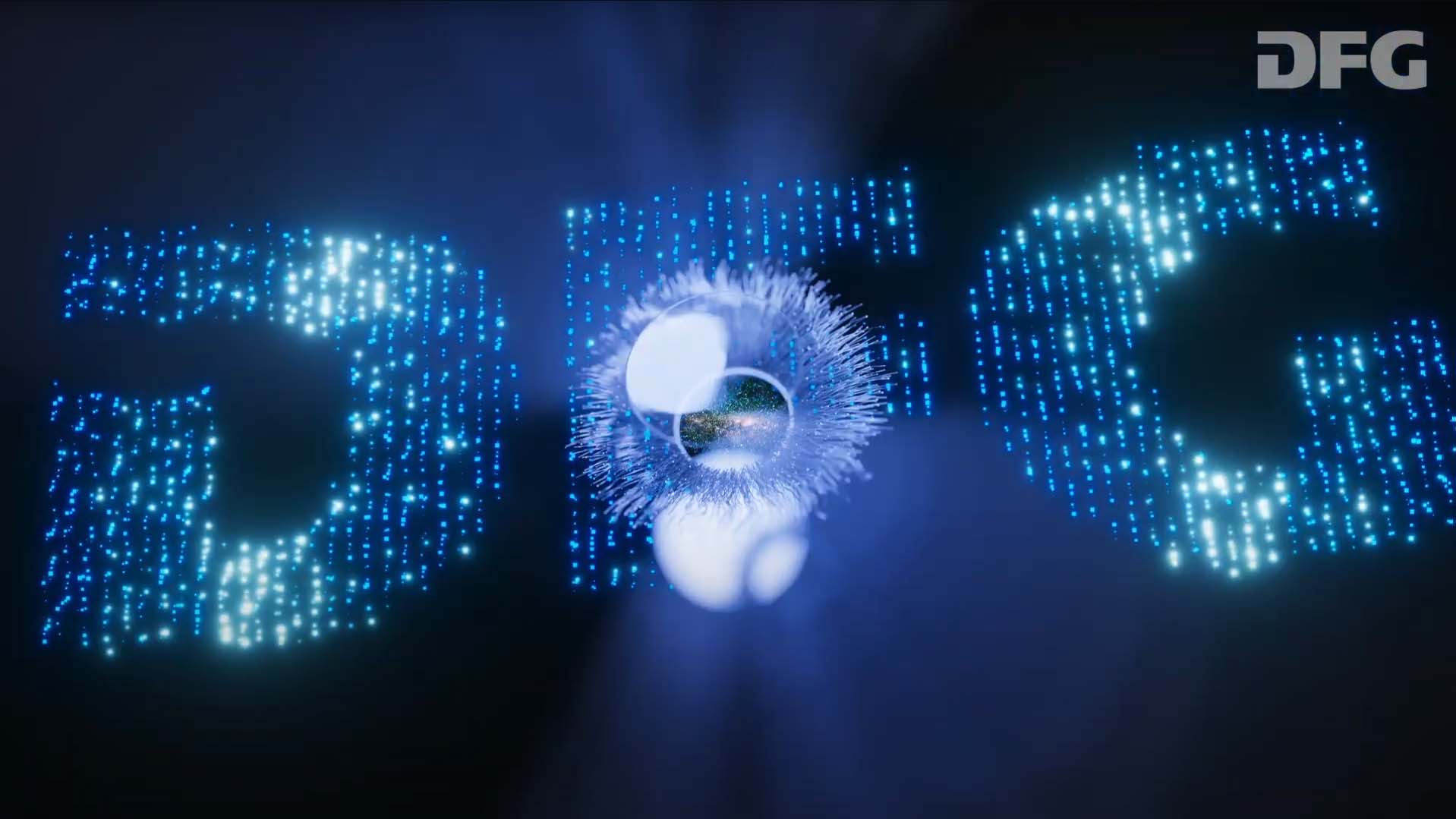What is the DFG?
Freedom of research and an effective research system are indispensable prerequisites of an open society. The promotion of the sciences and humanities forms part of Germany’s cultural and political identity and contributes significantly to prosperity and sustainable progress.
These are the guiding principles underlying the work of the Deutsche Forschungsgemeinschaft (DFG, German Research Foundation).
The DFG
- is the largest research funding organisation and central self-governing organisation for the sciences and humanities in Germany;
- serves the sciences and humanities in all their forms and disciplines and promotes research of the highest quality;
- primarily funds knowledge-driven research projects developed by the researchers themselves;
- focuses on funding basic research and provides space for the pursuit of high-risk and unconventional research questions;
- bases all its procedures on scientific criteria;
- shapes structures and fosters cohesion;
- assumes its strategic responsibility in commitment to the spirit of freedom of research and to ethical principles;
- takes on responsibility for the further advancement of the German and European research systems;
- works to ensure the effectiveness and appeal of Germany as a centre for research, promoting its adaptability, flexibility, inclusiveness and diversity;
- is jointly funded by the federal and the state governments;
- relies on the voluntary work of thousands of researchers in Germany and abroad.
A film portrait of the DFG
This video introduces the DFG: its structure and membership, its philosophy, its tasks and objectives, and how it operates.

The Deutsche Forschungsgemeinschaft
By clicking on "Play" you agree that data will be transmitted to Google. For further information on data processing by Google, please refer to Google's privacy polic(externer Link). Information on processing by DFG and your right to revoke your declaration of consent can be found in our Privacy Polic(interner Link).
What are the DFG’s areas of activity?
The DFG
- funds research projects and fosters structured competition;
- carries out quality-based and science-led procedures to review, evaluate, select and decide on research proposals;
- maintains an extensive international network across all academic disciplines to identify appropriate reviewers for funding proposals, thereby enabling the project-specific review of any conceivable research topic at the very highest level;
- identifies emerging research needs and new fields of research in order to respond early on with strategic funding initiatives;
- supports international research collaborations and new cooperation formats, and designs its funding programmes so that they are as open and accessible as possible to international partners;
- is actively involved in shaping the European Research Area according to the interests of the German research community;
- continuously reflects on and develops the conditions and standards of good research practice through close dialogue with researchers across all disciplines;
- works to ensure appropriate provision of and access to research infrastructures and regularly assesses the possibilities for long-term funding;
- supports new digital research practices and contributes to the development of research data infrastructures;
- maintains trust-based dialogue with society, politics and business, representing the interests of the German research community as a whole;
- advises state institutions and other institutions working in the public interest on issues relating to academic research and research policy;
- initiates, encourages and supports reflection and dialogue on the societal, ethical and political benefits and risks of new research findings;
- supports the transfer of knowledge;
- is dedicated exclusively to serving the public interest and operates on a not-for-profit basis.
Top-level research is only possible based on a broad spectrum of innovative ideas and polyphonic, international exchanges.
For this reason, the DFG places particular emphasis on:
- promoting international collaboration and freedom of research within the European Research Area as well as globally;
- supporting researchers, especially in the early stages of their careers;
- promoting gender equality and diversity within the research community;
- advancing sustainability and responding promptly to current challenges;
- advancing and leveraging digital tools and processes in research;
- fostering knowledge-based societal dialogue and decision-making.
